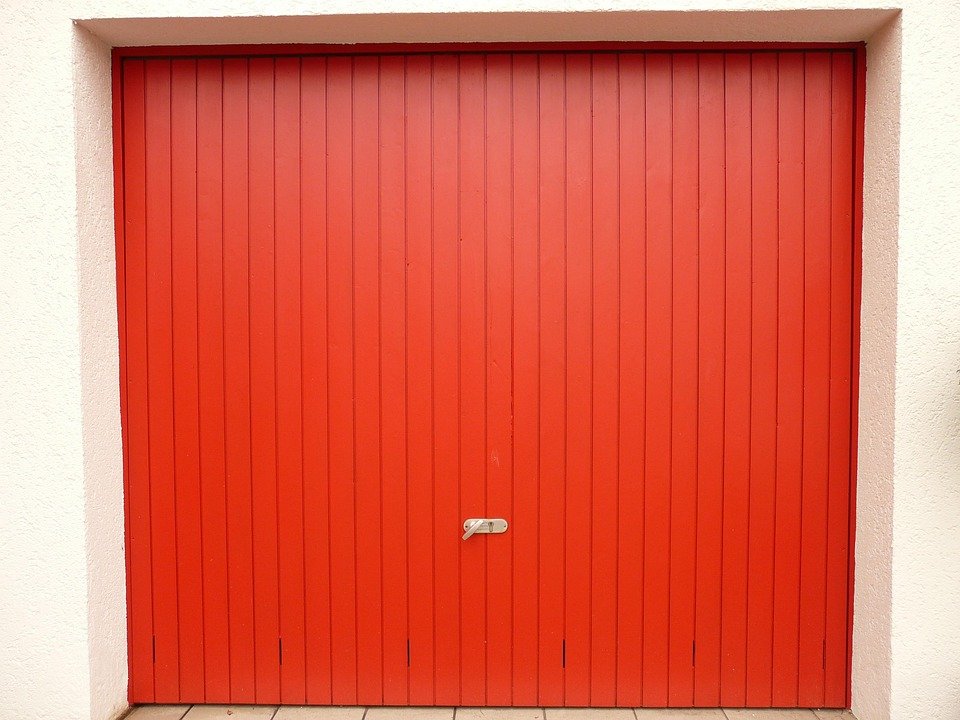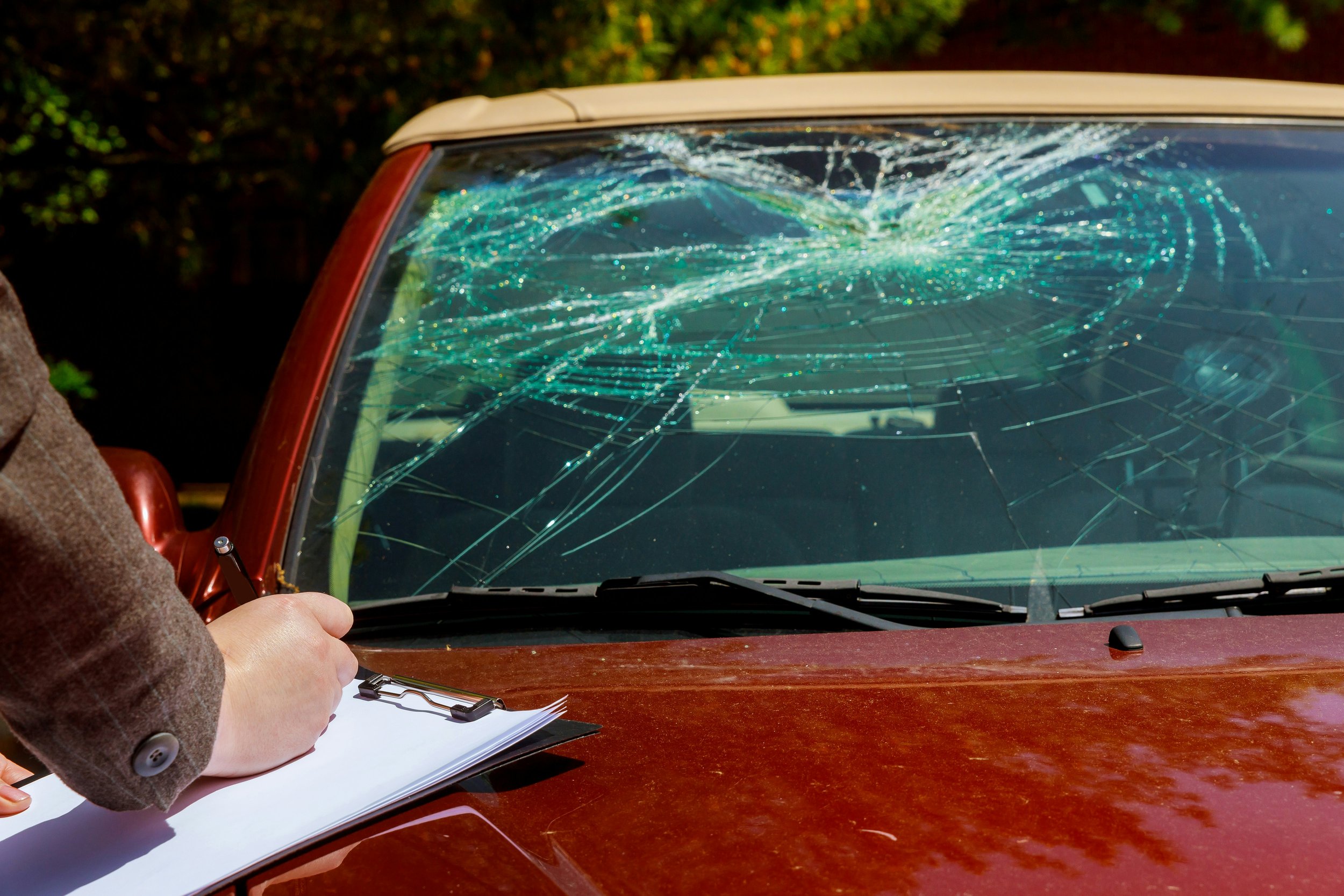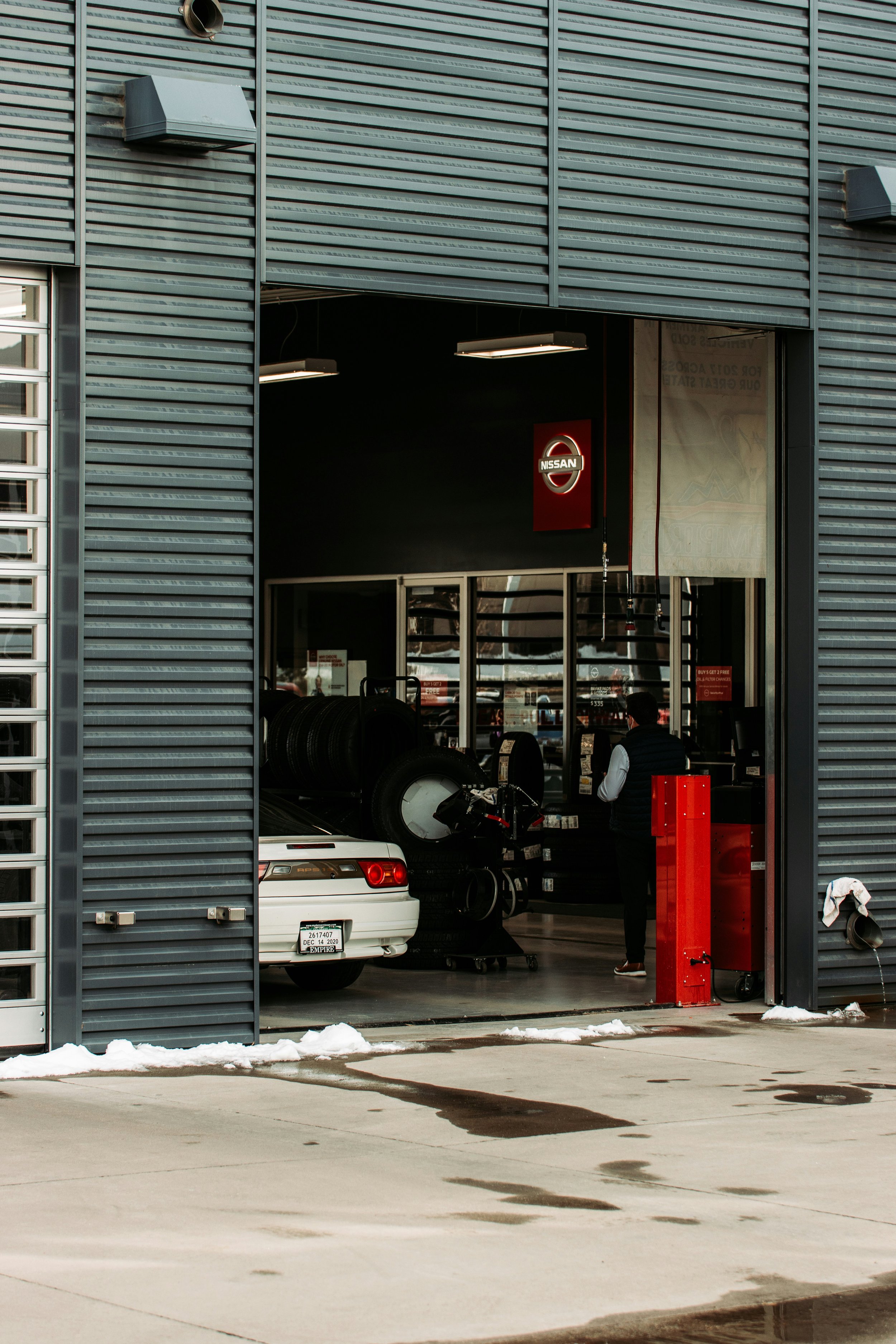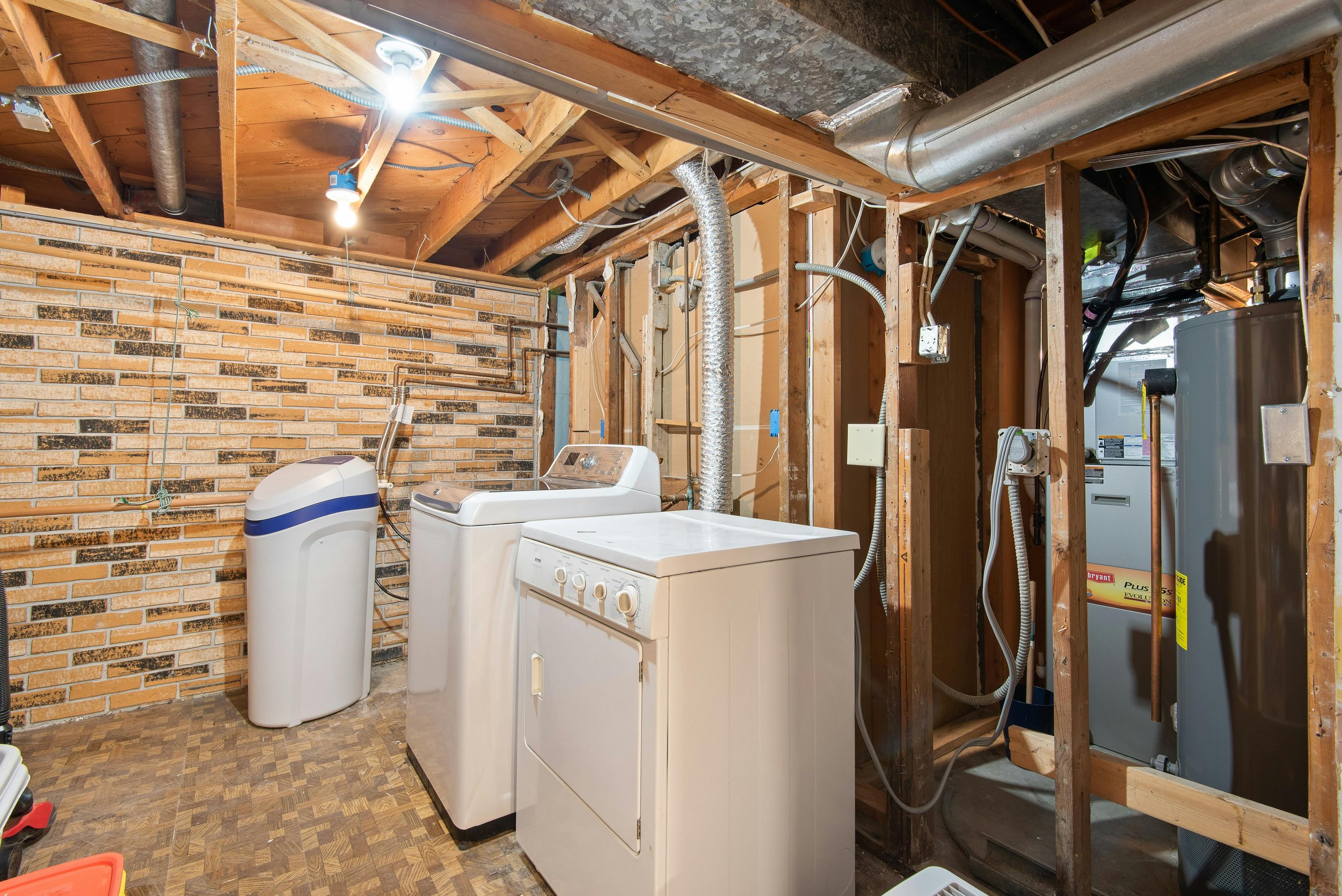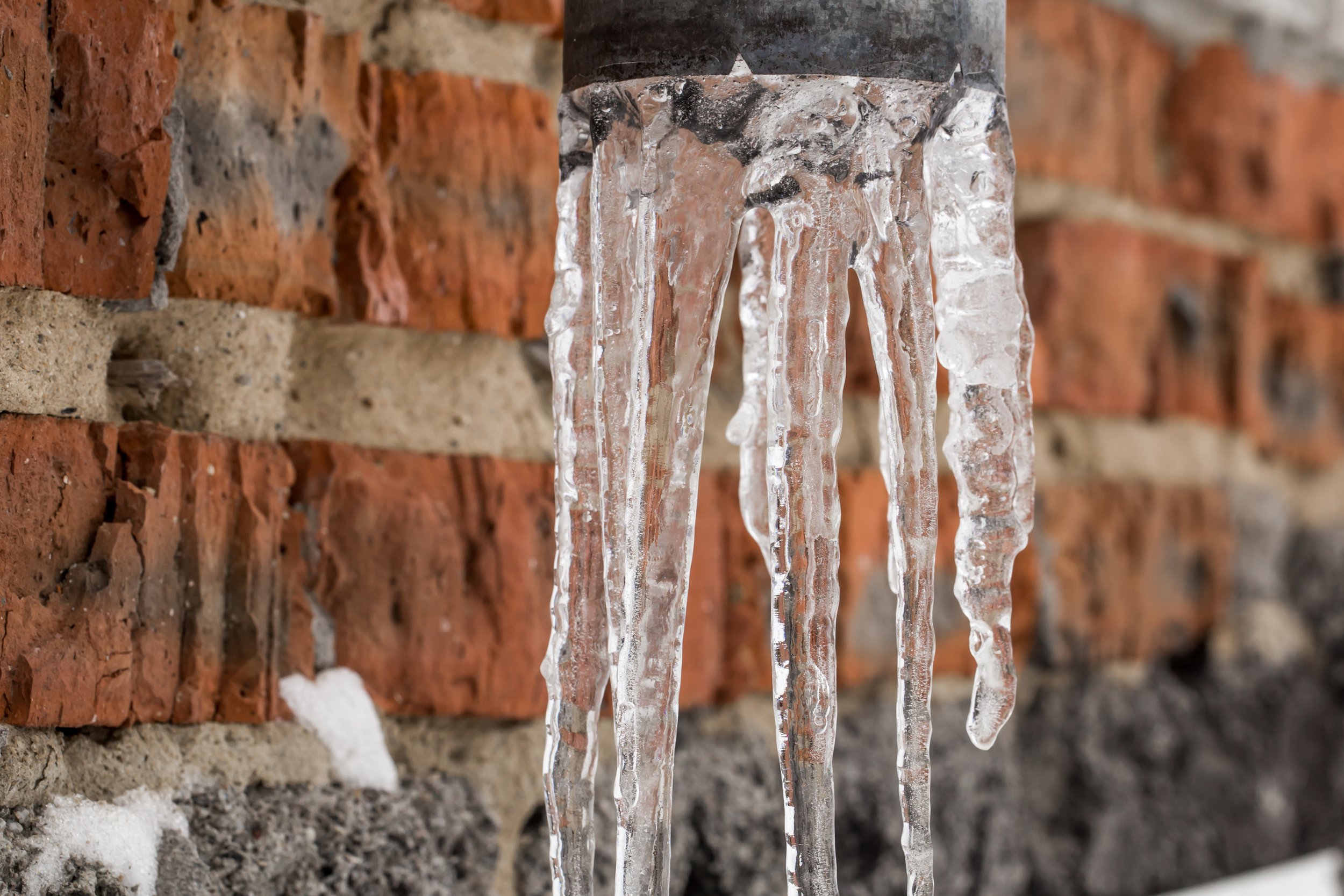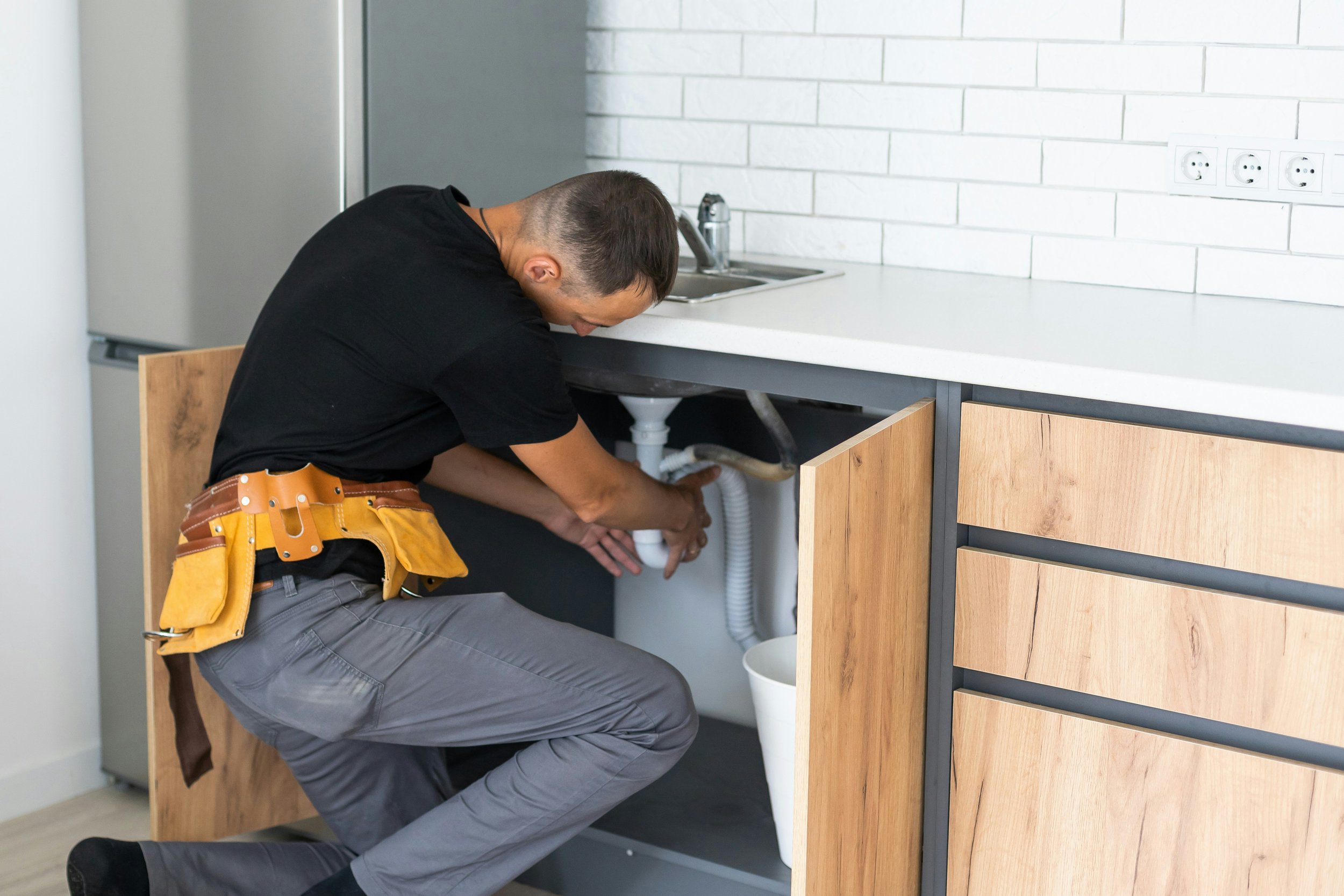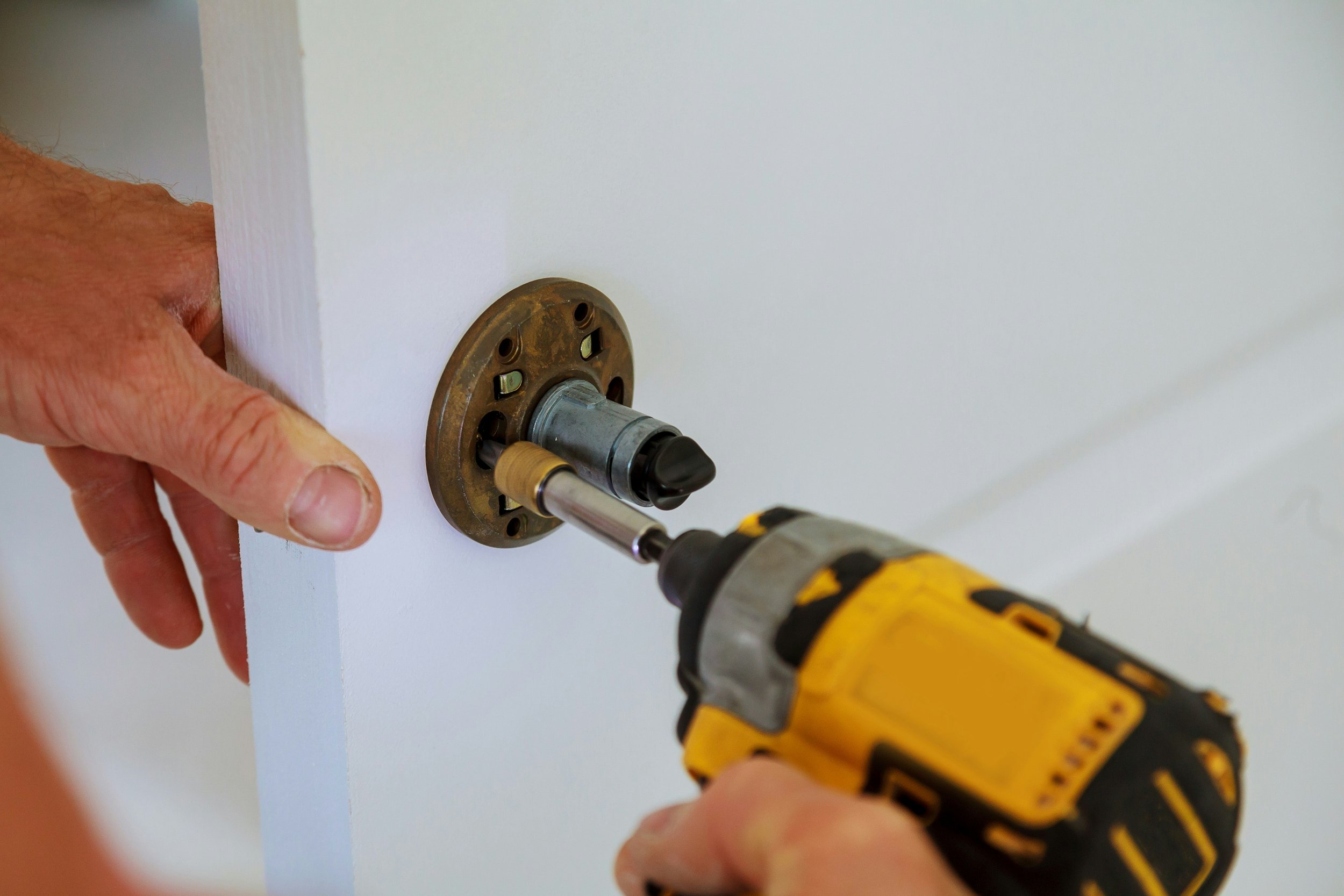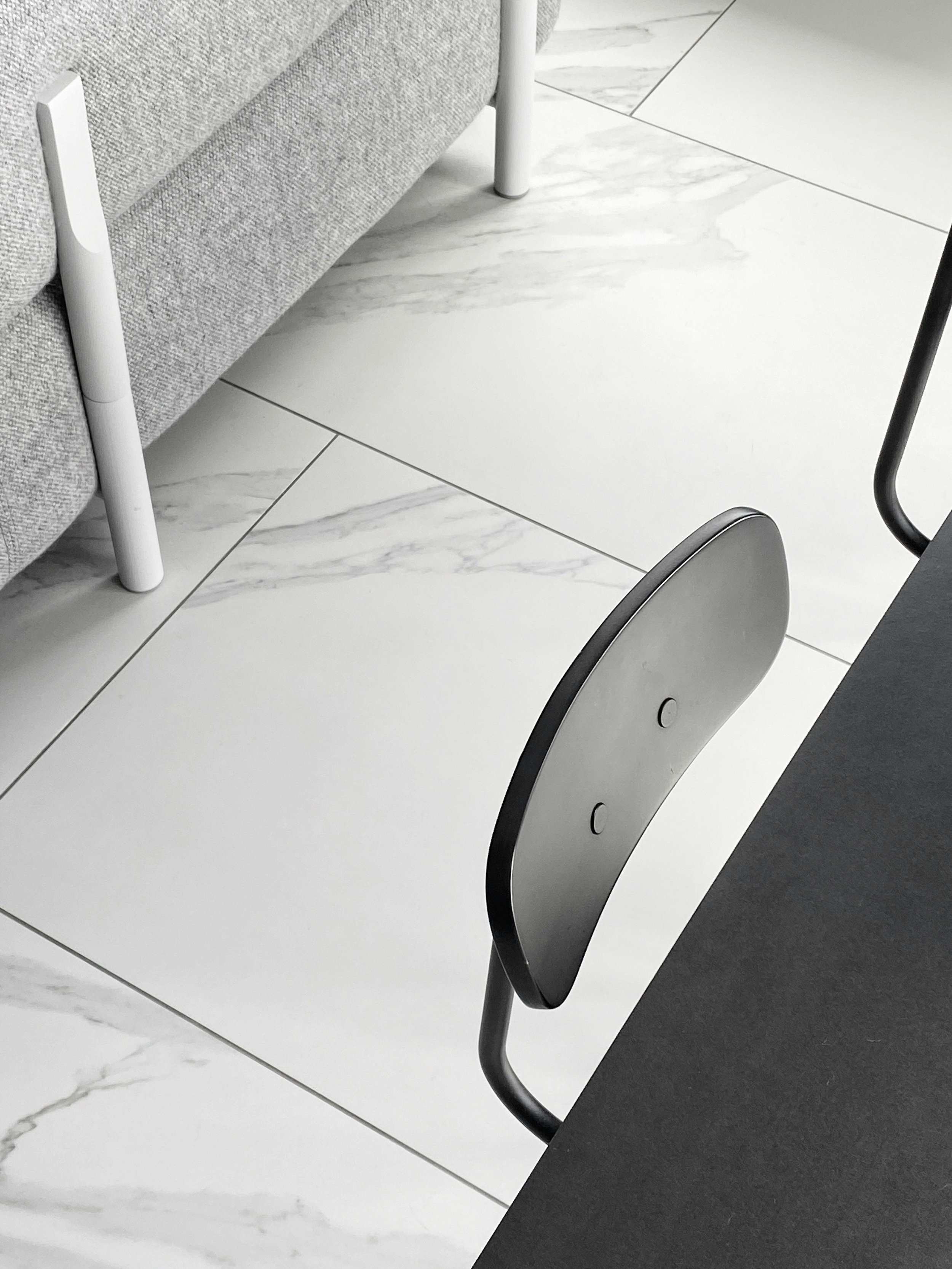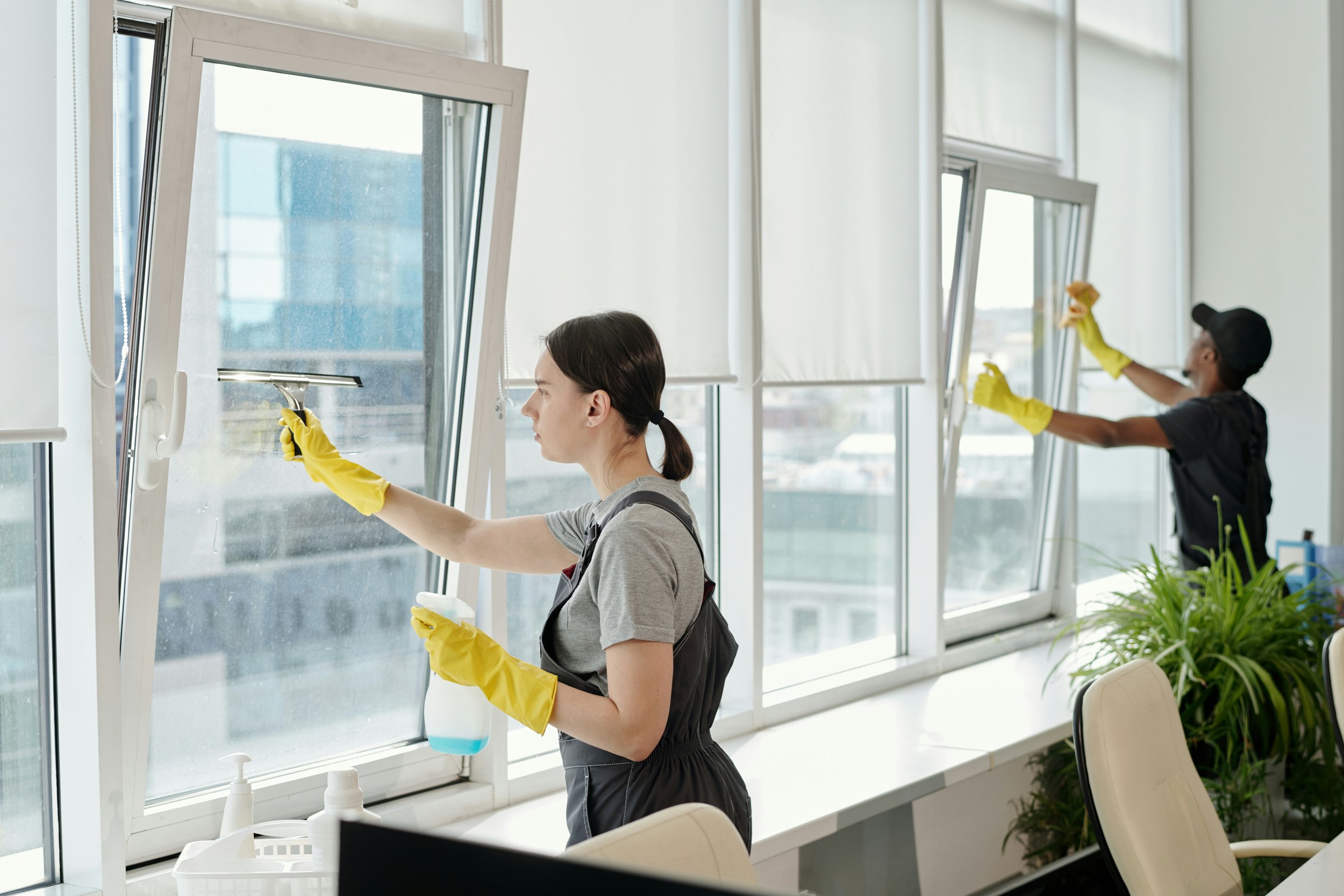How-To: Easy Fixes for 6 Common Plumbing Problems
Discover easy fixes for six common plumbing problems. Follow our step-by-step guide to tackle leaks, clogs, and other issues to keep your plumbing in top shape.
Ever heard that dripping faucet or seen a suspiciously slow drain? Don't panic! You can tackle most common plumbing problems, the homeowner, with a little know-how and the right tools. As responsible your Local plumbers in Geelong, it's our job to inform you of some easy fixes for these household plumbing woes:
Clogged Drains
Hair, soap scum, and food scraps can team up to create a nasty clog. Your first line of defence? A trusty plunger. If that doesn't work, a drain snake can reach deeper blockages. For a natural approach, try the baking soda and vinegar treatment: sprinkle baking soda down the drain, followed by a cup of vinegar. The fizzing action helps break down mild clogs.
Remember, prevention is key! Placing drain screens in sinks and tubs can catch debris before it creates problems. Regularly pouring boiling water down your drains can also melt away soap scum buildup.
Dripping Faucets
That constant drip-drip-drip can be maddening, not to mention wasteful. Worn-out washers or o-rings are usually the culprits. To fix a leaky faucet:
● Turn off the water supply valves beneath the sink.
● Disassemble the faucet handle and replace those tired washers and gaskets.
● Make sure everything goes back together snugly. If the dripping persists, consider replacing the entire faucet fixture.
Running Toilets
A constantly running toilet can drive up your water bill and disrupt your peace of mind. Often, the issue lies with the flapper valve, which isn't sealing properly after a flush. Replacing the flapper is a quick fix. First, try jiggling the flush lever to dislodge any debris. If that doesn't work, ensure the chain isn't too tight, as this can prevent a complete seal. Still no luck? Replace the old flapper valve and adjust it to sit flat over the flush valve opening.
Slow Drains
Over time, pipes can accumulate gunk, leading to sluggish drains. A zip-it drain cleaner, which resembles a tiny grabbing claw, can snag hair clogs for easy removal. A homemade baking soda and vinegar treatment can also work wonders on soap scum buildup. For tougher clogs, a plumbing snake can be manually fed into the pipes to scrape away the gunk.
You can also remove the p-trap, the curved pipe under your sink, to clean out any debris trapped there. To prevent slow drains, consider using an enzymatic drain cleaner monthly. This breaks down grease buildup before it becomes a problem. In extreme cases, a professional plumber in Altona can use a hydro-jetting service to thoroughly clean your pipes.
Pipe Leaks
Unfixed leaks can lead to a big headache – wasted water, property damage, and even mould growth. Signs of a leak include:
● Higher water bills.
● Water spots on walls or ceilings.
● Musty odours.
● The sound of running water when everything is off.
● Low water pressure.
To tackle a leaky pipe, first turn off the main water supply. Wear protective gear when making repairs, and replace any worn washers, bolts, or fittings that seem to be the source of the drip. If you're dealing with a major leak that's beyond your DIY skills, call in a professional plumbing service to handle the repairs.
Water Heater Problems
After 8 to 12 years of faithful service, your water heater might start showing signs of wear and tear. These include inconsistent hot water temperature, rising energy bills, strange noises coming from the unit, or leaks and corrosion. Proper maintenance can extend your water heater's lifespan. Draining sediment annually prevents buildup inside the tank.
Testing the pressure relief valve ensures it can release excess pressure if the water gets too hot. Keeping exhaust vents clear allows proper airflow. Replacing anode rods according to the manufacturer's instructions protects the tank lining from corrosion. Addressing any small leaks promptly prevents further damage. Knowing when to replace the entire unit, based on its age or failing performance, can save you money on repairs in the long run.
DIY or Call a Pro?
Feeling empowered to tackle some minor plumbing issues yourself? Here are some key tips:
● Safety First: Always turn off the water supply before starting any repairs.
● Be Prepared: Gather all the necessary tools and replacement parts beforehand.
● Protect Yourself: Wear safety glasses, gloves, and waterproof clothing for messy jobs.
● Know Your Limits: Have a plumber's contact information on hand in case the problem goes beyond your DIY skills.
For complex issues like major leaks, burst pipes, or severely clogged drains, it's best to call in the professional plumbers in Geelong. They have the expertise, specialised equipment, and training to handle these situations efficiently and safely. Remember, preventive maintenance can also save you money in the long run. Regular checkups by a plumber can identify and address minor problems before they become major ones. So, assess your plumbing situation realistically and don't hesitate to tackle some basic fixes yourself! But remember, there's no shame in calling in a pro for more complicated jobs.
Looking for More Help?
We've included some additional resources below to guide you through specific DIY projects:
● Unclogging Tub Drains
● Repairing Leaky Faucets
● Stopping Running Toilets
● Unclogging Sink Drains Fast
● Clearing Clogged Drains
● Fixing Buried Pipe Leaks
● Water Heater Maintenance Tips
● Should You DIY Plumbing
The Bottom Line
With a little know-how and the right approach, you can conquer many common plumbing problems yourself. But don't be afraid to call in a professional when the situation requires their expertise. By taking care of your plumbing system, you can save money on repairs, avoid costly water damage, and keep your home running smoothly. So, grab your toolbox, and happy plumbing! And if you need professional assistance, get in touch with Your Local Plumbing and Drainage.



